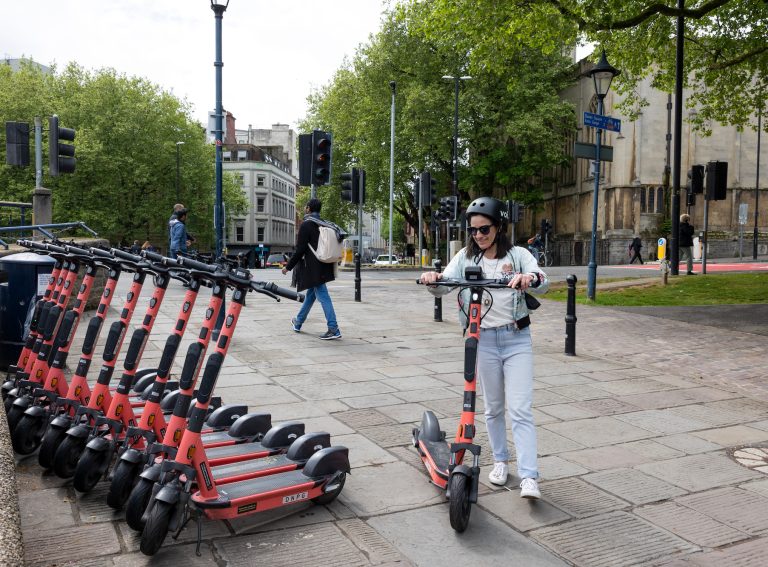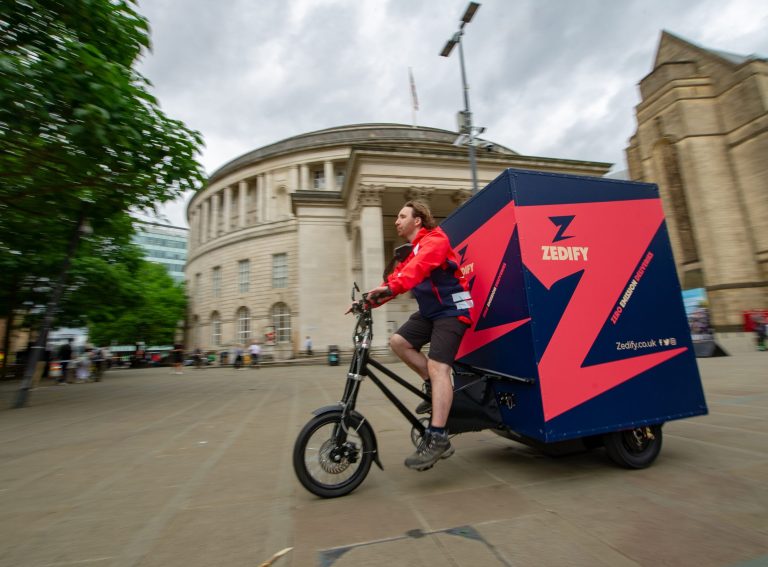Campaigners are urging government ministers to consider subsidising e-bikes as they do electric cars after a study found that mass access to such bikes could bring more than £2bn in health benefits and save one million tonnes of CO2 a year.
While drivers benefit from a £1,500 plug-in grant on electric cars priced under £32,000, riders are not currently given any assistance for electric bikes.
The new report – which was commissioned by campaign group Bike Is Best and led by Westminster University’s Active Travel Academy – found that 67% of those who expressed an interest in buying an e-bike were put off by the upfront cost.
But then over half (53%) of these said they would be more likely or extremely likely to buy one if there was a hypothetical subsidy of £250 on a £1,000 e-bike.
The data was gathered using the Department for Transport’s propensity to cycle tool, examining carbon and health savings from switching commuting trips to cycling and e-biking.
Per-head e-bike sales in the UK currently lag behind many other European countries, where studies have proven they can be very popular with older riders and with women.
Enabling more people to commute to work using e-bikes has a potential economic health benefit in England and Wales of £2.2bn a year, according to Bike Is Best. This mostly comes from better health due to e-bike use, but they would also increase life-expectancy and reduce absenteeism for employers (as more active people take fewer sick days).
Other studies have shown that the primary health benefits of e-bikes parallel those of conventional bikes because, although they provide less of a health benefit per mile, e-bike users on average take longer trips.
Adding to this, e-bikes emit less particulate pollution than electric cars and thus have a positive impact on local air pollution.
In terms of carbon savings, one study found that “e-bikes are substantially lower emitters of carbon across their lifecycle when compared to both fossil-fuel and electric cars.” This includes manufacture, maintenance and disposal activities. E-bikes also have lower Scope 2 carbon emissions due to their lower electrical power requirements.
“The future is electric but not in the way people might think,” said Scott Purchas, Campaigns Consultant at Bike Is Best.
“All of the focus for subsidies has been for electric cars, but this new report demonstrates the substantial benefits of electric bikes and how essential they are for rapidly decarbonising transport, improving our health and cleaning up the air at the same time.”
He added: “We are lagging behind countries in Europe who have used subsidies to accelerate the shift to e-bikes. Given rising living costs, this report shows that an e-bike subsidy would have a very positive impact across a range of backgrounds, as well as reducing congestion even for people who don’t cycle.”




